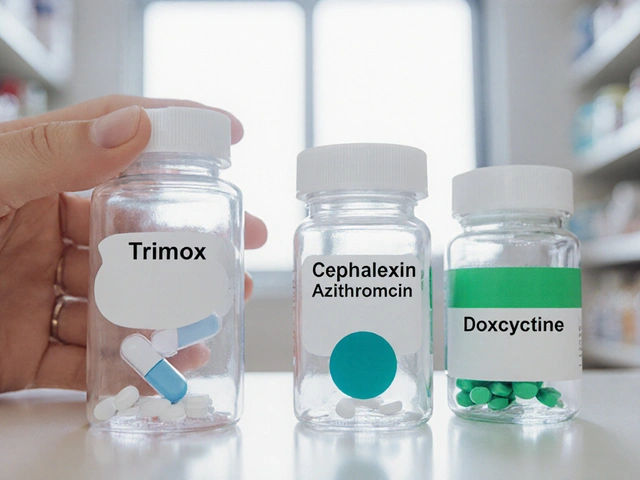Skin Health Tips & Best Practices for Glowing, Protected Skin
If you want your skin to look fresh and feel strong, start with the basics: clean water, balanced meals, and a little sun safety. You don’t need fancy gadgets or endless product lines – just a few everyday moves that add up over time.
Nutrition That Boosts Your Skin
What you eat shows up on your face. Foods rich in vitamin C, like lime, oranges, and strawberries, help the skin make collagen, the protein that keeps it firm. Adding a splash of lime juice to water or salads gives you a quick dose without extra sugar.
Omega‑3 fatty acids found in salmon, walnuts, and flaxseed also matter. They calm inflammation and keep the skin barrier supple, so you’re less likely to see redness or dry patches. Try swapping one fried snack a day for a handful of nuts – your skin will thank you.
Everyday Habits for Radiant Skin
Hydration is more than drinking water; it’s about keeping the outer layer moist, too. A gentle moisturizer applied right after showering locks in moisture while the skin is still damp. Look for products with hyaluronic acid or glycerin – they pull water into the skin without feeling greasy.
Sun protection tops the list of non‑negotiables. Even on cloudy days UV rays can damage collagen and cause dark spots. Use a broad‑spectrum SPF 30 or higher every morning, and reapply if you’re outdoors for long periods. It’s a small step that prevents big problems later.
Sleep isn’t just rest; it’s repair time. During deep sleep the body releases growth hormones that boost cell turnover. Aim for 7‑9 hours of uninterrupted sleep, and keep your bedroom cool and dark to improve quality.
Stress can trigger breakouts and accelerate aging. Simple habits like a short walk, breathing exercise, or a few minutes of meditation lower cortisol, which in turn reduces skin inflammation. Consistency beats intensity – a brief daily pause works better than occasional marathon sessions.
Finally, keep your skincare routine simple. A mild cleanser, moisturizer, and sunscreen cover most needs. If you want to target specific concerns like acne or hyperpigmentation, add one treatment product at a time so you can see how your skin reacts.
By pairing these straightforward habits with nutrition that supports collagen, you create a solid foundation for healthy skin. No need for expensive trends – just everyday choices that protect and nourish from the inside out.

The Role of Nutrition in Managing Mycosis Fungoides
Managing Mycosis Fungoides isn't just about medical treatments—your diet can play a crucial role too. This article explores how specific nutrients and dietary choices can influence symptoms and overall health. Learn practical tips to integrate a supportive diet into daily life for better skin health. Discover the key do's and don'ts of eating when handling Mycosis Fungoides. Nutrition might not be a cure, but it's a powerful ally in your management toolkit.
Detail
Arthritis and Skin Health: Tips for Managing Skin Conditions
As someone who suffers from arthritis, I've recently discovered that it can also affect our skin health. To manage skin conditions related to arthritis, it's essential to keep our skin moisturized and avoid harsh soaps. It's also important to maintain a healthy lifestyle and consult a doctor or dermatologist for proper medication and skincare advice. I've found that keeping stress levels low and protecting my skin from the sun have been helpful in managing my skin condition. Remember, taking care of our skin is just as important as managing our joint pain.
Detail




